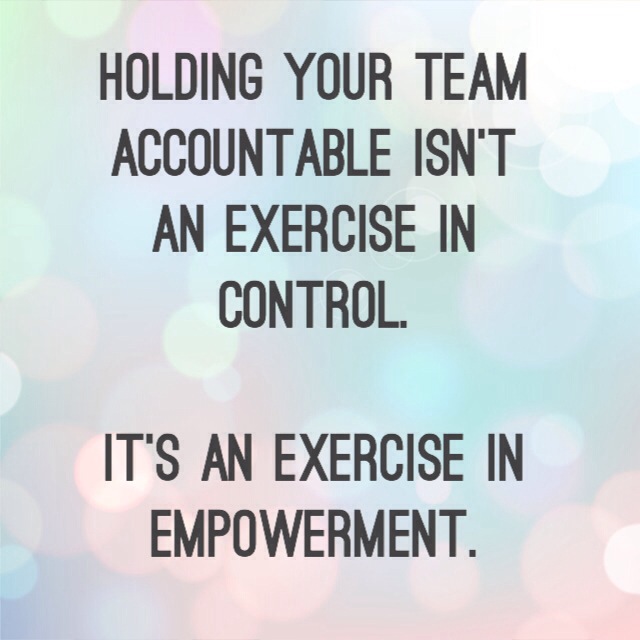Professor and management guru Robert Sutton’s famous piece “12 Things Good Bosses Believe” has impacted my work as a team architect. So here’s part three in a blog series exploring how each one can impact your team and your workplace. Today’s post: The best bosses believe “Having ambitious and well-defined goals is important, but it is useless to think about them much. My job is to focus on the small wins that enable my people to make a little progress every day.”
There’s a common belief among leaders that it’s important to push your team and to set big, audacious goals — otherwise, you’ll never know what you and your team can accomplish. And yes, audacious goals are important. Your team will accomplish more than they probably thought possible. You may have a few success stories of your own that started with an ambitious goal.
But there’s a flip side to this push for big goals. When your team doesn’t reach that ambitious goal, it’s discouraging. And it’s also disheartening when your team is moving towards the goal but has no milestones to celebrate.
With no touchpoints, your team has nothing to remind them that they’re moving forward.
The biggest thing you as a manager can do to reach ambitious goals is to make a project plan. Any big goal calls for a strategy to get there. Build a plan full of specific, measureable and short-term steps — and you’ve built a plan full of opportunities for success! This isn’t a burden. It’s an opportunity. Let’s take sales goals, for example. It’s not enough to say, “Our goal is to get $250,000 in sales this year.” Break it down: to get $250,000 this year, our company needs to sell 1,000 workshops. That means we need to make 100 calls per month. That’s 25 calls per week. And that’s 25 chances for small wins, every week.
Next up:every employee needs to have ownership of this plan. Make sure everyone has a specific responsibility and understands how that role fits into the bigger picture. Back to the sales goals example . . . you might identify two employees who are lovable and comfortable on the phone. Praise them for their strengths in this area and ask how they’d feel about being point people for this part of the task.
To see the value in this, let’s envision what happens without this step. Without roles and without plan ownership, Johnny just heard that he needs to make 25 more phone calls a week. He has no motivation to push for progress and no reason to seek out the wins. So we can’t blame him when he barely makes 10 calls next week, right?
You’ve just given employees the praise they deserve, empowered them with responsibility, and shown them how they’re part of the bigger picture. Your third step: accountability. Check in with your employees every week for progress (and maybe more than once a week when the goal calls for it). And in case you’re wondering, that’s not micromanaging. Holding your team accountable isn’t an exercise in control. It’s an exercise in empowerment. You’ll catch minor problems before they snowball into big obstacles. You’ll show your employees that you’re on their side and ready to help. But most importantly, you can focus on small wins and celebrate progress. Now you know what to do here, right? Small wins = glitter time.






